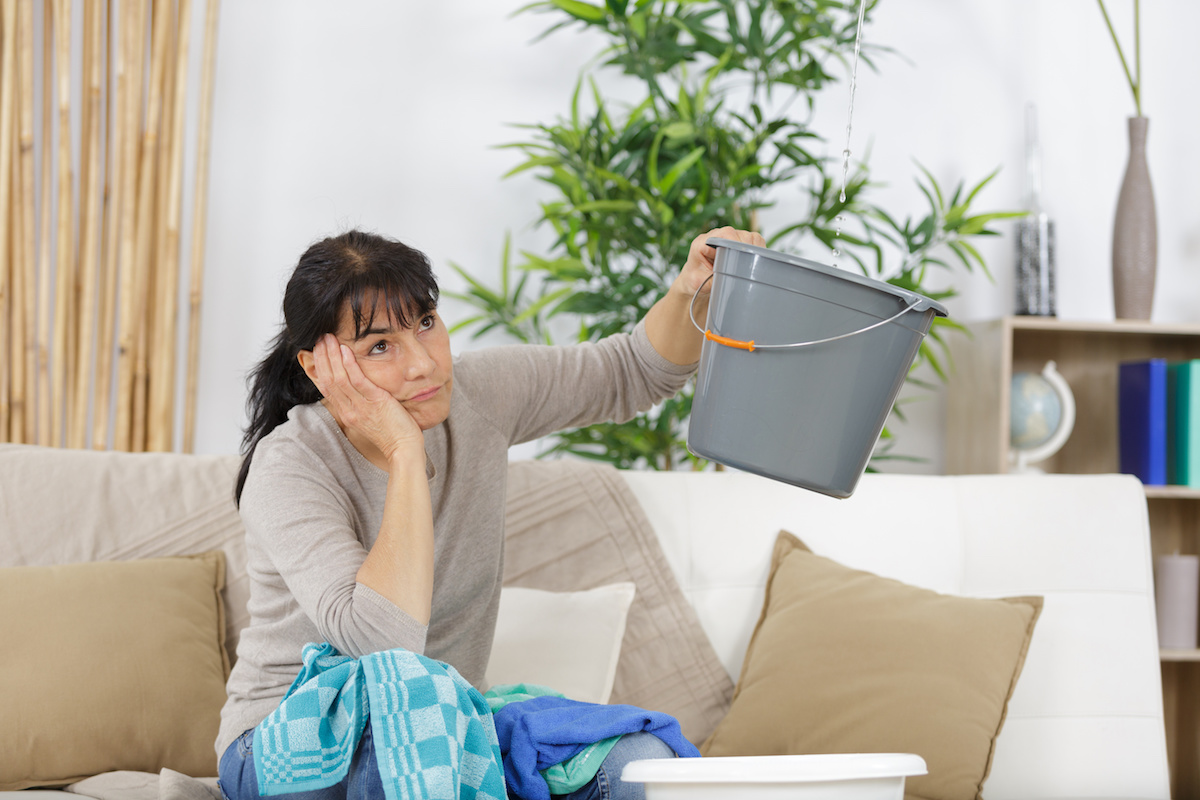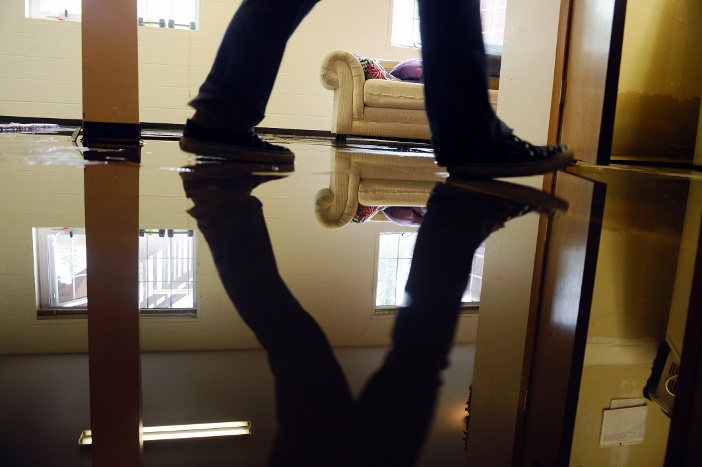Important Septic Tank Maintenance Tips Every Homeowner Should Know
Important Septic Tank Maintenance Tips Every Homeowner Should Know
Blog Article
We've come across this article pertaining to The Do’s And Don’ts When Water Floods Your Home down the page on the internet and felt it made perfect sense to write about it with you over here.

What should you do if a water pipe ruptureds in your residence? The longer you wait, the a lot more extreme the damages that can occur to your residential property. For these reasons, you need to find out exactly how to act in the event of a ruptured water pipeline.
Turn off the Main Waterline Shutoff
The first thing to do? Shut the shut-off valve. Look for the regional shut-off shutoff to shut off the water in one specific location only. If you do not understand where the local shut-off valve is, go for the primary water line valve as well as transform it off. This step will certainly remove the water promptly in your entire home. Usually, the primary shutoff is discovered outside the residence beside the water meter. If it's not there, you can additionally find it in 2 places: in the cellar at eye degree or the 1st flooring on the ground. Generally, builders put the shut-off shutoff in the main ground degree washroom or right beside it.
Call Water Damage Repair Pros for Help
After shutting the water source, call the professionals for help. With their specialist help, you can prevent much larger water damage including warped baseboards, loose tiles, or damaged structures.
Document the Damage For Insurance
While you're waiting for the pros to get here, obtain some paperwork of the damage triggered by the errant pipe. Do close-up shots of the harmed places as well as belongings.
Salvage Points That Can Be Saved
As soon as you're done taking pictures, examine the harmed products and also secure the most vital ones from the stack. Dry them off in a dry/warm place far from the broken area and attempt to preserve them as high as you can. Drag as much wetness as you can to the material so it can start to dry out.
Beginning the Drying Process
You require to begin the drying procedure as soon as possible. The good news is, the water from your waterlines is already tidy so you don't have to fret about sewer water. Nonetheless, the flowing water might have disturbed the dirt and particles in your floorboards and carpets. In this situation, put some handwear covers on and begin some damage control. Usage containers to dump out the water. Remove as much water as you can from the surfaces with old towels. Activate an electric follower or open your windows to advertise air circulation. These actions will accelerate to dry and also discourage mold and mildew and mold growth.
Professionals are the only individuals qualified to evaluate appropriately and take care of the burs pipelines and succeeding damages. As always, pipelines do not just unexpectedly break out of the blue. They normally offer silent red flags like bubbling paint, water discolorations. Strange sounds in the plumbing, caving ceiling, musty odor, or peeling off wallpaper. Keep in mind of these indications and also do some preventive measures so you can nip any problems in the bud.
What should you do if a water pipeline bursts in your house? For these reasons, you require to find out just how to act in the event of a ruptured water pipeline. After shutting the water resource, call the professionals for help. With their professional assistance, you can stop a lot bigger water damage including warped baseboards, loose ceramic tiles, or harmed frameworks. Luckily, the water from your waterlines is already clean so you don't have to worry concerning sewage system water.
Water Pipe Burst: Steps You Need to Take Now
Freezing Temperatures
If you live in a climate where temperatures drop below freezing, be aware of the heightened potential for pipe problems.
When temperatures drop, the water inside your pipes may turn to ice. As more water trickles in, the frozen area grows… and the frozen water expands.
Over time, the pressure may be too much. Bonds in the pipe weaken and cracks form. When the ice finally melts, the temperature change can shatter both the ice and the surrounding pipe. If the pressure is strong enough, the pipe bursts.
Rust and Corrosion
Corrosion is another common cause of burst pipes. Rust and corrosion build up inside pipes, especially in older homes and in areas where water has a high iron content.
Over time, the corrosion weakens pipes, leading to an increased chance of a burst. Steel pipes are especially susceptible to rust.
To prevent rust and corrosion, replace steel pipes with plastic or copper. These types of pipes tend to resist corrosion longer.
Tree Roots
When trees around your home grow taller, their roots grow downward and outward, too. Sometimes, roots come in contact with water pipes.
In a battle between tree roots and pipes, the roots usually win. As roots continue to grow and press against the pipes, the pipes crack, leading to leaks.
To keep roots from encroaching, be sure to plant trees far from your water pipes. Choose slow-growing tree varieties that have small root balls.
If trees are already encroaching, you may try to add a physical or chemical barrier to prevent roots from accessing pipes.
Clogs
You already know that clogs can back up your sink and shower drains. But did you know that they can lead to burst pipes, too? A clog can cause water pressure to build up behind it, especially if it’s deep within the system.
That’s why it’s important to be mindful of what gets poured down the drain, goes into the garbage disposal, and flushed down the toilet. Limiting drains to water and approved materials can help prevent deep clogs.
What Happens When a Water Pipe Bursts?
Speaking of water damage, what happens after a water pipe burst? The bad news is that, if left unrepaired for too long, a burst pipe can result in serious damage to your home.
First, there’s mold growth. After just three days, mold and mildew can start to grow. Mold loves dampness; if the water sits too long or areas don’t get thoroughly dry, mold can take over.
Mold exposure has been linked to respiratory problems. It’s especially bad for those with allergies or asthma, as it can exacerbate both issues.
If you want to sell your home, mold can really throw a wrench in your plans. It’s important to prevent the growth of this toxic substance.

As an avid person who reads about Water Damage Restoration Do’s And Don’t, I assumed sharing that excerpt was a good thing. Enjoyed reading our posting? Please share it. Let others discover it. Bless you for your time. Kindly visit our site back soon.
Report this page